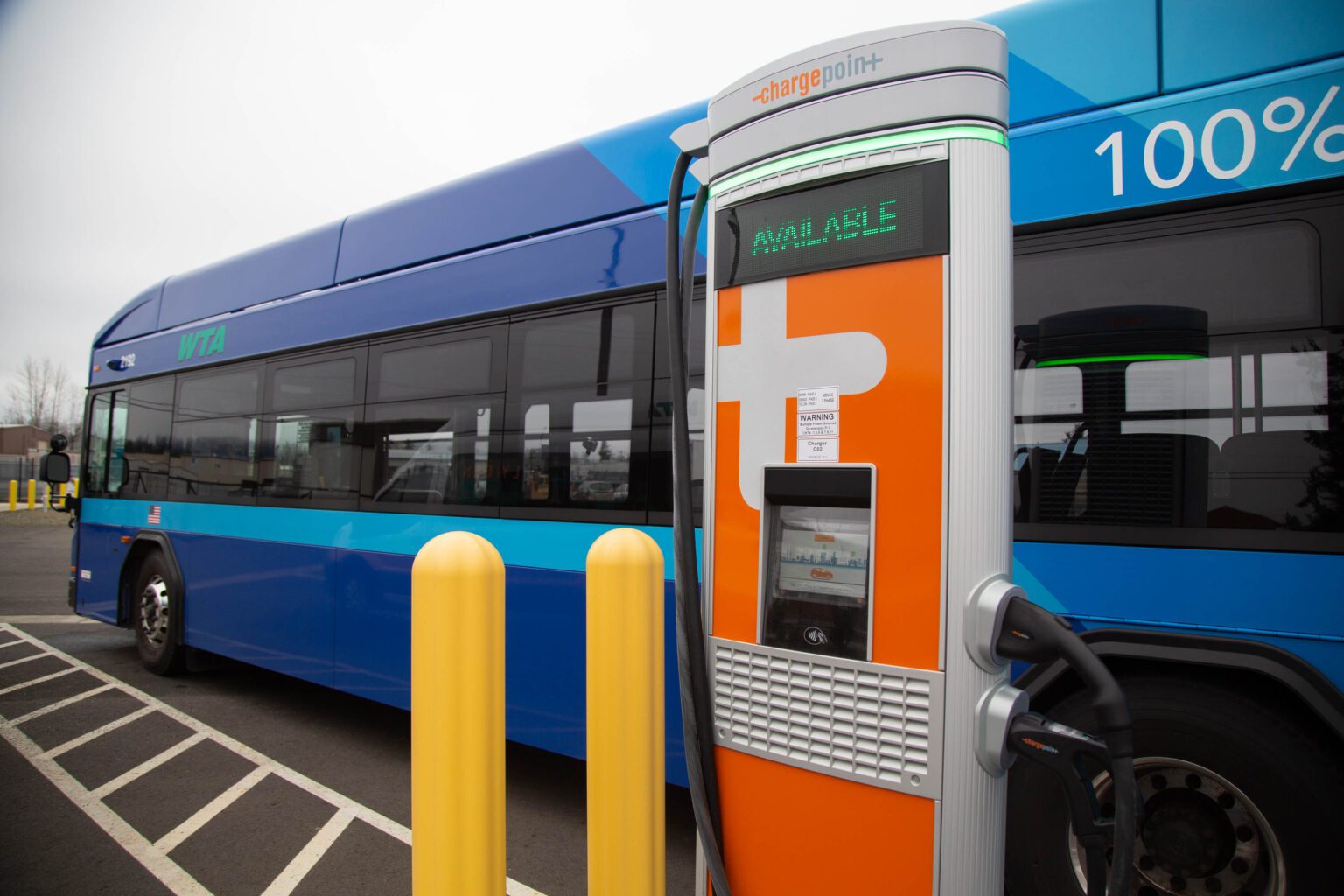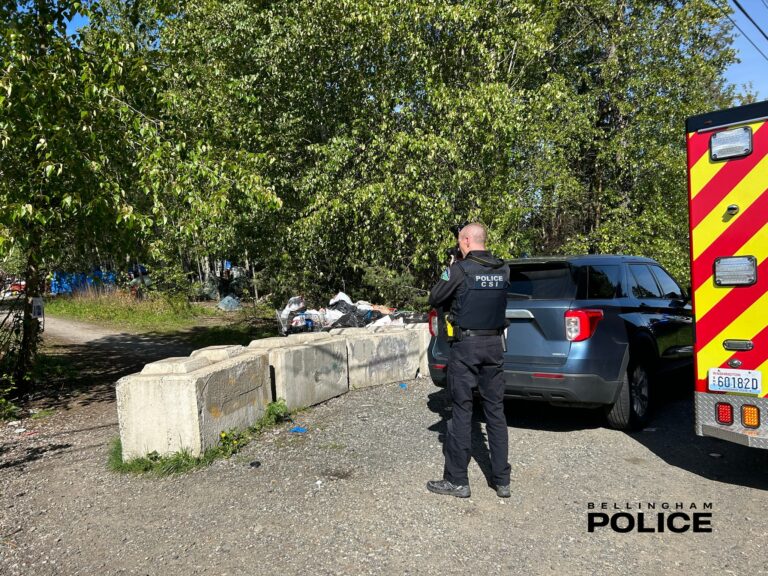The Whatcom Transportation Authority (WTA) board of directors voted unanimously Aug. 18 to cancel an order for eight 40-foot diesel buses and purchase all-electric buses instead, from the same manufacturer. The move came after WTA received word last week it had won an $8.9 million federal grant to purchase eight electric buses plus charging equipment.
Board Chairman Michael Lilliquist said initially he had been optimistic that maybe half of the buses could be switched to electric before the order needed to be finalized later this year.
“I’m quite excited,” Lilliquist said of the opportunity afforded by the grant. “The fact that we can convert them all is really good news.”
The money came from the federal Low or No Emission Vehicle Program — a pot of money made more than six times larger by last year’s Infrastructure Investment and Jobs Act.
The original order, placed with the California bus manufacturer Gillig in March, was criticized by local Democrats. In an op-ed for Cascadia Daily News, members of Whatcom Democrats said the diesel bus order was out of line with the community’s carbon-reduction goals.
“Rather than double down on a status quo that will soon be obsolete, procurement decisions must invest in a green future,” Democrats Andrew Reding, Jace Cotton and Joel Pitts-Jordan wrote.
WTA ordered the eight diesel buses for about $600,000 each. Each new electric bus will cost roughly $1 million, although the exact cost of WTA’s changed order has not been calculated yet. WTA board members will need to vote on the purchase again after they see what the bill would be.
While the motors on the new buses will be battery-powered, the buses themselves won’t be all-electric, strictly speaking. Paul Kaufmann of STV Inc., a zero-emission bus consultant, told board members Thursday that WTA will need to equip new electric buses with diesel-fired heaters, at least for the next couple years. The technology is advancing, but batteries aren’t strong enough yet to provide sufficient power to the motor while also heating the passenger area, Kaufmann said.
WTA currently runs two electric buses with diesel heaters in its 62-vehicle fleet, with two more due in January. The eight new electrics are expected by the end of 2023.




